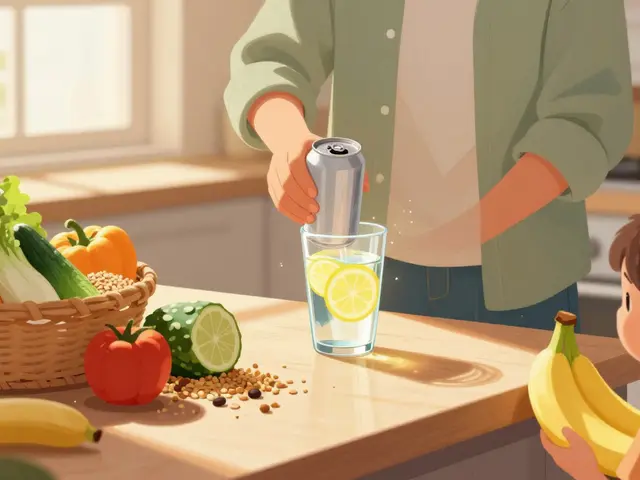
Uric Acid Reduction: Natural and Medical Ways to Lower Levels and Prevent Gout
When your body breaks down purines—found in foods like red meat, seafood, and beer—it produces uric acid, a waste product that normally leaves the body through urine. When too much builds up, it forms sharp crystals in joints, causing the intense pain of gout, a form of inflammatory arthritis triggered by high uric acid levels. This isn’t just about occasional foot pain; untreated high uric acid can lead to kidney stones, joint damage, and even chronic kidney disease. Many people think gout is just a ‘rich man’s disease,’ but it’s actually tied to diet, genetics, and how well your kidneys filter waste—not just how much you eat.
Lowering uric acid isn’t about extreme diets or miracle supplements. It’s about balance. Purine-rich foods, like organ meats, anchovies, and certain shellfish are the biggest dietary culprits, but alcohol—especially beer—and sugary drinks, particularly those with fructose, spike levels just as much. Even some medications, like diuretics, can interfere with uric acid clearance. If your levels are high, the first step is often lifestyle: drink more water, cut back on alcohol, swap red meat for plant proteins like lentils, and avoid sweetened sodas. These changes don’t just help uric acid—they improve your whole metabolic health.
For some, lifestyle isn’t enough. That’s where allopurinol, a common prescription drug that reduces uric acid production comes in. It’s not a quick fix; it can take weeks to work, and some people get flare-ups at first. But when used right, it prevents long-term damage. Other options like febuxostat or probenecid help too, depending on whether your body overproduces uric acid or just doesn’t flush it out well. Blood tests are the only way to know your exact level—and whether you need meds or just a change in habits.
You’ll find real stories here: how people cut gout attacks by changing their breakfast, why some think cherry juice helps (and what the science actually says), and how to talk to your doctor about testing without sounding alarmist. There’s no one-size-fits-all fix, but the right mix of diet, hydration, and—if needed—medication can turn high uric acid from a threat into a manageable condition.
-
30 Oct







